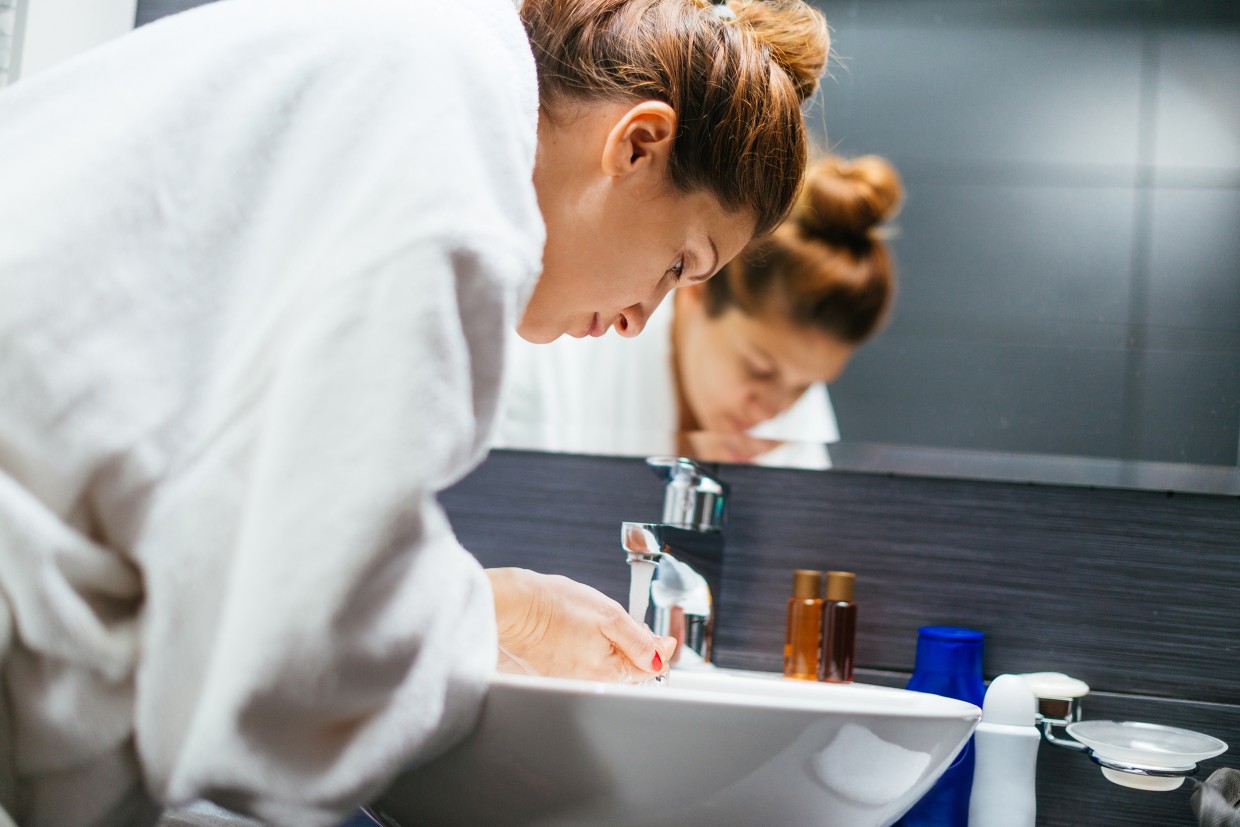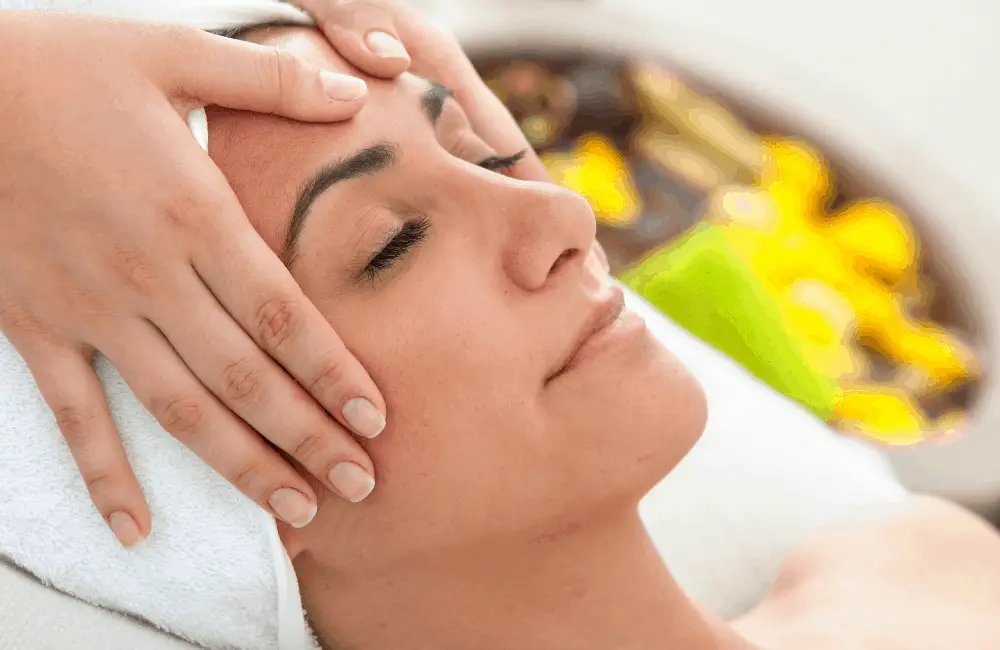How to Get Rid of Body Acne Overnight: Tips and Tricks?
Body acne can be an uncomfortable and sometimes embarrassing problem for many. Whether it appears on your back, chest, or elsewhere, knowing how to get rid of body acne overnight can often feel like a daunting challenge. However, with the right approaches, effective techniques, and products, you can tackle this frustrating skin condition more effectively. In this article, we will explore actionable steps that beauticians can utilize to help their clients achieve clearer skin.

Understanding Body Acne
Before diving into solutions, its essential to understand the nature of body acne. Body acne often resembles facial acne but manifests on the body due to various factors such as sweat, friction, and skin oils. Understanding the causes of body acne can significantly assist in creating an effective strategy for clients struggling with this issue.
Common Causes of Body Acne
Body acne can be attributed to various factors, including:
- Hormonal changes: Fluctuating hormones can lead to increased oil production, causing clogged pores.
- Poor hygiene: Inadequate cleansing can accumulate dirt and bacteria, leading to breakouts.
- Friction: Tight clothing or prolonged contact with fabric can irritate the skin and lead to acne.
- Diet: Certain foods can trigger breakouts in some individuals.
Quick Remedies to Get Rid of Body Acne Overnight
Now that we understand body acne's causes, let's dive into some effective methods that contribute to how to get rid of body acne overnight.
1. Spot Treatments
Using spot treatments is one of the most **direct ways** to address body acne. Look for products containing ingredients like salicylic acid or benzoyl peroxide. These ingredients work to reduce inflammation and target the bacteria causing acne.
For instance, applying a DIY spot treatment that includes these active ingredients can provide quick results, as they penetrate the pores and help eliminate blemishes.
2. Exfoliation
Regular exfoliation is crucial for removing dead skin and unclogging pores, making it an essential part of a body acne-fighting routine. You can recommend clients to consider gentle body scrubs containing AHAs (alpha hydroxy acids) or BHAs (beta hydroxy acids).
For more detailed instructions on how to exfoliate dead skin effectively, clients can find various products suited for their skin type.
3. Cleanse Properly
One of the most fundamental steps in maintaining clear skin is a proper cleansing routine. Encourage clients to use a gentle cleanser that removes excess oil and debris without stripping the skin of its natural moisture.
Using specific body washes designed for acne-prone skin can help tremendously. Look for products that include tea tree oil or benzoyl peroxide, as they can significantly reduce body acne.
4. Moisturize
Despite having oily skin, it's crucial to maintain hydration through the right moisturizer. A lightweight, non-comedogenic moisturizer can help balance oil production without clogging pores. Suggest clients to apply their moisturizer right after bathing to lock in moisture, which can help in improving overall skin health.
5. Mind the Fabrics
Friction from clothing can irritate the skin, leading to body acne. Recommend clients avoid wearing tight-fitting clothes, especially those made of synthetic fabrics. Opting for breathable, loose-fitting cotton garments can enhance air circulation to the skin and reduce the potential for breakouts.
Long-term Strategies to Prevent Body Acne
In addition to overnight solutions, it's important to establish a long-term skincare routine to minimize future breakouts. Here are some strategies:
1. Healthy Diet
The foods we consume can significantly affect our skin health. Encourage clients to opt for a balanced diet rich in fruits, vegetables, and whole grains while minimizing sugar and processed foods. Foods high in omega-3 fatty acids, like salmon, can help reduce inflammation in the skin.
2. Hydration
Staying hydrated plays a crucial role in achieving healthy skin. Remind clients to drink plenty of water as it aids in flushing out toxins that may contribute to acne.
3. Regular Exercise
Engaging in regular physical activity promotes blood circulation, which is beneficial for skin health. Recommend clients to find a physical activity they enjoy to stay consistent, but remind them to shower promptly after sweating to prevent clogged pores.
4. Stress Management
Stress can trigger hormonal fluctuations that lead to acne, making it essential for clients to find ways to manage stress effectively. Practices such as meditation, yoga, and mindfulness can help balance stress levels.
When to Seek Professional Help
If clients experience persistent body acne despite following these tips, it may be time to consult a dermatologist. A healthcare professional can help guide treatment plans that may include prescription medications or specialized therapies.

Frequently Asked Questions (FAQ)
1. Can diet affect body acne?
Yes, certain foods can exacerbate acne, particularly those high in sugar and dairy. Encouraging a healthy, balanced diet can help.
2. Is body acne different from facial acne?
Body acne can be similar to facial acne; however, it may be influenced more by factors such as friction and sweat.
3. What over-the-counter treatments are effective?
Products containing salicylic acid or benzoyl peroxide are commonly recommended for treating body acne.
For further insights about the triggers of body acne, visit this link. Learning about the underlying factors can help beauticians better understand and assist their clients.
By implementing these techniques and recommending appropriate products, beauticians can empower their clients to feel comfortable and confident in their skin, setting them on a path to achieving clear skin.

